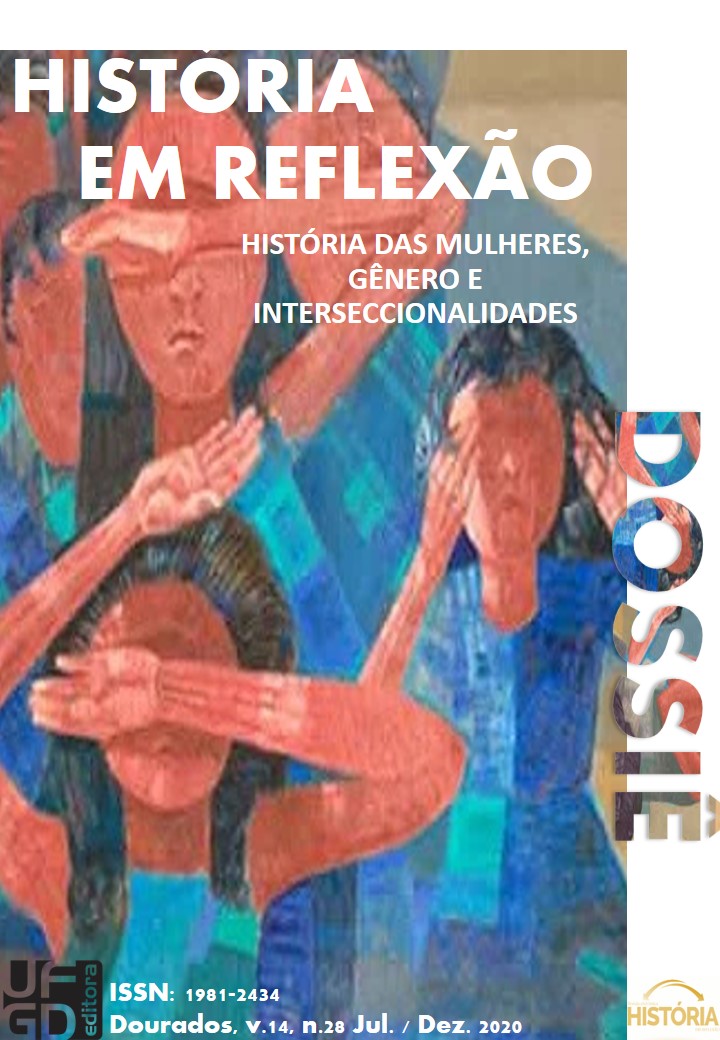Vol. 14 No. 28 (2020): Dossier: Women's History, Gender and Intersectionality


Revista Eletrônica História em Reflexão
ISSN: 1981-2434
A Revista Eletrônica História em Reflexão (REHR) é uma publicação de Qualis A2 dos discentes de Mestrado e Doutorado do Programa de Pós-Graduação em História da Universidade Federal da Grande Dourados (PPGH-UFGD).
Programa de Pós-Graduação em História (UFGD)
Rua João Rosa Goes Nº 1761, Vila Progresso (Caixa Postal 322)
CEP: 79.825-070 - Dourados/MS
Editora UFGD
Telefone: (67) 3410-2651 :: editora.suporte@ufgd.edu.br
Indexadores
DOAJ - Directory of Open Access Journals
PKP INDEX - Public Knowledge Project
Latindex - Sistema Regional de Informação em Linha para Revistas Científicas de América Latina, o Caribe, Espanha e Portugal
LivRe - Revistas de livre acesso
MIAR - Matriz de Información para el Análisis de Revistas
Periódicos CAPES
ERIH PLUS - European Reference Index for the Humanities and Social Science
REDIB - Red Iberoamericana de Innovación y Conocimiento Científico
Google Acadêmico
